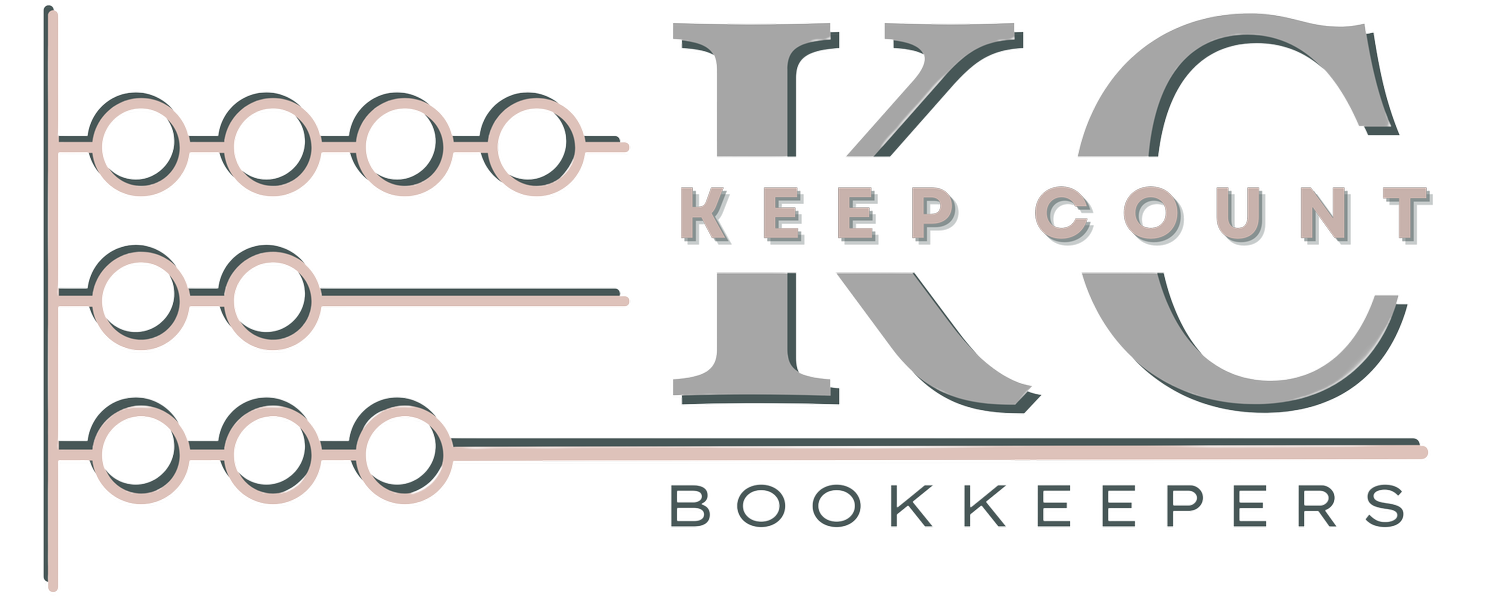Top 10 Tax Deductions for Small Businesses in 2023
As a small business owner, one of the biggest challenges you face is minimizing your tax liability. Fortunately, the tax code offers many deductions and credits that can help reduce your tax bill. Here are the top 10 tax deductions for small businesses in 2023.
Home Office Deduction: If you work from home, you may be eligible to deduct a portion of your home expenses, such as mortgage interest, property taxes, utilities, and repairs. To qualify, your home office must be used regularly and exclusively for business purposes.
Business Vehicle Expenses: If you use a vehicle for business purposes, you may be able to deduct expenses such as gas, oil changes, repairs, and insurance. You can choose between deducting the actual expenses or using the standard mileage rate.
Employee Salaries and Benefits: Employee salaries and benefits, such as health insurance premiums, retirement plan contributions, and paid time off, are generally tax-deductible business expenses.
Office Rent and Utilities: If you rent office space or pay for utilities for your business location, you can deduct these expenses from your tax return.
Advertising and Marketing: Expenses related to advertising and marketing your business, such as website design, social media ads, and business cards, are generally tax-deductible.
Professional Fees and Dues: Fees paid to attorneys, accountants, and other professionals for business-related services are tax-deductible. Additionally, membership dues for professional organizations may also be deductible.
Travel Expenses: If you travel for business purposes, expenses such as airfare, lodging, and meals may be tax-deductible. Keep in mind that there are specific rules and limitations for deducting travel expenses.
Depreciation: If you purchase equipment or property for your business, you can deduct the cost over several years through depreciation. This allows you to spread out the cost of the asset over its useful life.
Supplies and Materials: Expenses related to purchasing supplies and materials for your business, such as office supplies, inventory, and raw materials, are tax-deductible.
Bad Debt: If you have unpaid invoices from clients or customers, you may be able to deduct them as bad debt. However, there are specific rules and limitations for deducting bad debt.
It's important to keep in mind that there are specific rules and limitations for each of these deductions, and not all businesses will qualify for every deduction. Working with a professional bookkeeper can help ensure that you are taking advantage of all the deductions you are eligible for while also avoiding any potential pitfalls.
Knowing all the appropriate tax deductions is an essential part of minimizing your tax liability as a small business owner. Let us help you prepare for your taxes with a free consultation today!

